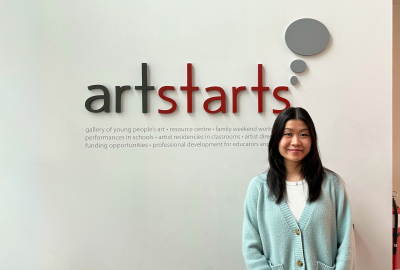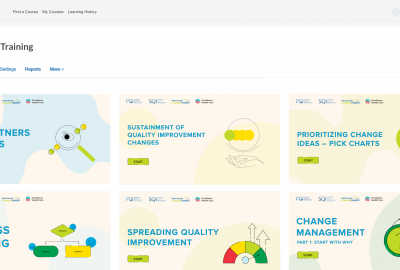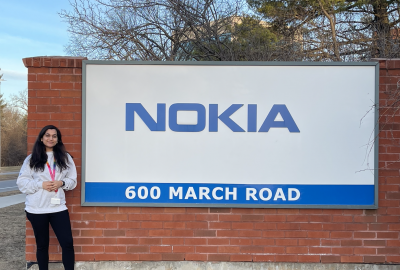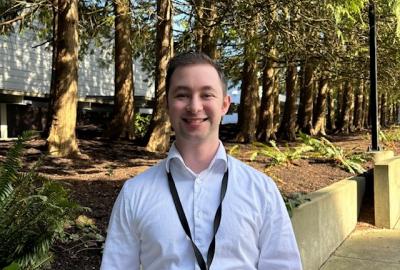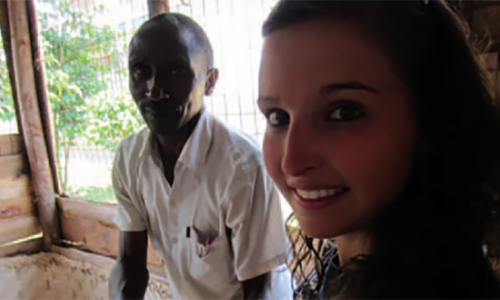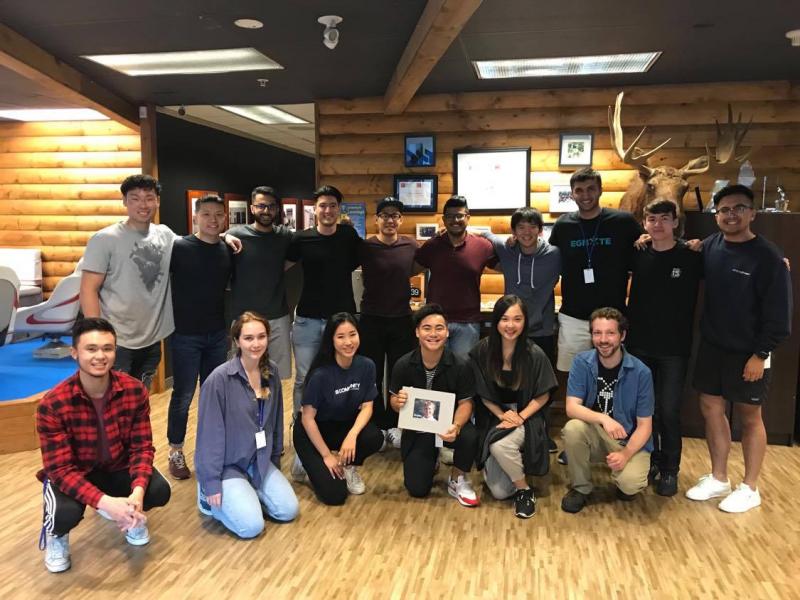
One of the greatest tragedies in today’s culture for young adults is their approach to personal growth and learning. In most cases, it is strictly defined in the silo of people’s “undergraduate degree.” With such an emphasis on getting “education,” many people are blinded by the false illusion that they are developing simply because they are able to push out a few A’s. What comes from this is massive disappointment post-graduation, and $50,000 in student debt. What is often missed are actually ways to develop personal leadership, EQ building techniques, and character defining values that can help navigate the workplace.
Ultimately, as co-ops, one important thought that is always on people’s minds (or maybe not!) is “How can I provide value to the workplaces that I am placed in?” Most people have trouble answering that question in a clear way.
As I am currently on my co-op term at Traction on Demand as a Cloud Technologist, the answer to the previous question can be covered in a few reflective points I uncovered during my time here.
As a co-op student, it can be very tempting to fall into a routine of tasks and obligations on a day-to-day basis. But at the end of the day, what really delivers value is seeing how your work can help people and understanding the business solution for clients.
Our value and mission at Traction is achieved by doing good by our customers, fellow employees and community. The ultimate goal is not to sell a product or service to someone, but to provide value and doing it in a way that is ethical and transparent of both parties.
It is tempting to belittle yourself as the “intern.” Plato once said that “the greatest of all deception is self deception.” Co-ops are just as valuable as full time employees. Leadership and EQ is highly valued at Traction, and so it is important to understand how to navigate work culture.
Much of EQ is rarely ever gifted to someone at birth, but developed and trained, so do not rely solely on your GPA as your performance indicator. EQ is a wide umbrella of insightful conversations that I have had with multiple people in the workplace and it was able to connect me with them and also gain insights about myself.
It is not simply doing more that makes you effective, but doing more of what matters. Consider what you need to stop doing, both personally and organizationally. During my time at Traction, I had to understand that one of my personal rhythms for success was not going on my phone before coming into work because it would take up energy that I could use at work.
Having to manage emails, build an org, flesh through tutorials and working on projects was overwhelming when I tried to do it all at once. I had to slow down and do less at a time, so my brain was not overclocked with different scopes of work.
Often times, when preparing work, people are happy doing the minimum. As a Cloud Technologist, I work with Salesforce a lot. Salesforce is a platform that can be leveraged fully or it can be very underwhelming, it all depends on the user.
So when preparing presentations for clients or team members, I had to constantly ask myself, “what is the point of this?” and how will they benefit from this from a business perspective. Understanding their pain points can help create a narrative for them so you can anticipate what questions or problems that can emanate from it. When I was preparing a demo for an internal project, I was able to address data validation concerns by going beyond the build requirements and creating fields that are able to indicate data integrity on a record based off of the information filled out. This makes the job a lot easier for the end user and helps give a filtered view into their organizational data.
During my time at Traction, I am constantly trying to find a narrative of who I am trying to become and let that permeate into all the work that I do. By taking some time to slow down, reflect and really understand what provides value, you can shift the way you step into work each day.

